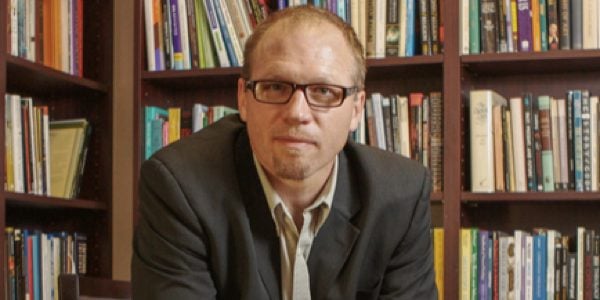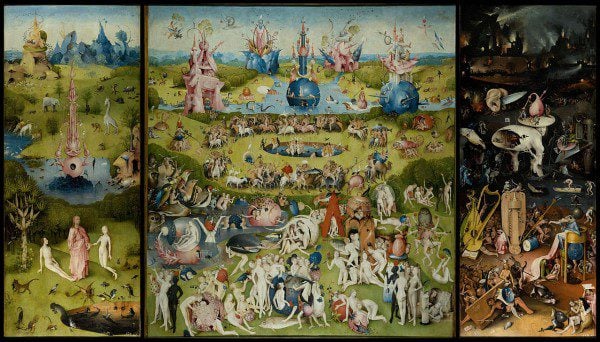I’ve been looking forward to Thomas Jay Oord’s book, The Uncontrolling Love of God: An Open and Relational Account of Providence, since I learned it was in the works several months ago. Amazon already lists it as the #1 new release in systematic theology (even though it won’t be released till December 6).
I plan to review the book at some point here on my blog. I’ve long been interested in the questions of “the problem of evil and suffering,” and in how we might understand the dynamics of the interplay of divine action and human agency (free will, choice, etc.) as it pertains to the “problem of evil.” And of course you can’t broach these questions responsibly without taking science into account (evolutionary biology, cosmology, quantum mechanics, and so on).
I look forward to learning how Tom–who has established himself as a trusted guide–engages these very important and interesting questions.
In any case, Tom has just come out with a video announcement of the release:
Here are some of the (many) strong endorsements:
“A work of a mature thinker, this book secures Oord’s legacy as the theologian of love. It is a comprehensive theological response to the age-old question of how genuine evil exists even assuming the omnipotent and omnibenevolent God of Christian faith, and is all the more compelling given its biblical, philosophical and scientifically informed tapestry―no mean feat! The faithful across all Christian traditions will be encouraged to live a life of love even as skeptics will be invited to think again and again.”
– Amos Yong, professor of theology and mission, Fuller Theological Seminary
“Can I believe in the providence of God without making God responsible for evil? Open and relational theology answers yes, combining biblical and philosophical resources. Here Thomas Oord, the leading open and relational theologian, makes a powerful case for miracles and the providential care of the self-emptying God. His remarkably clear book offers readers a compelling theodicy and a welcome gift to personal faith.”
– Philip Clayton, author, The Predicament of Belief
“A much-discussed option on the contemporary theological scene is so-called open theology. Working within the framework of open theology, and with some truly horrendous examples of evil constantly in mind, Thomas Oord develops a fresh and original doctrine of providence, the central thesis of which is that it belongs to God’s nature to offer to creatures non-controlling, other-empowering love. Anyone who subsequently writes about providence will have to engage Oord’s cogently argued and lucidly presented account.”
– Nicholas Wolterstorff, Noah Porter Professor Emeritus of Philosophical Theology, Yale University, senior research fellow, Institute for Advanced Studies in Culture, University of Virginia
“Can we reconcile a biblical understanding of divine love and creativity with the universe of human experience and scientific understanding? Not a new question, of course, but one that requires fresh faith and intellectual subtlety. Tom Oord’s new book offers both. And it is written with a clarity and passion that should appeal to a wide range readers.”
– John F. Haught, distinguished research professor, Georgetown University, author of Resting on the Future
“This is a scholarly and readable book arguing that God is essentially a God of self-giving love, and that this provides a way of seeing how evil can exist in a world created by God. It is an important theological work, and continues Oord’s project of constructing a fully Christian ‘open and relational’ theology.”
– Keith Ward, FBA, Regius Professor Emeritus of Divinity, University of Oxford
“Written in his characteristically winsome style, Oord’s account of The Uncontrolling Love of God is a highly accessible yet richly sophisticated affirmation of God’s providential engagement with creation that takes seriously the insistence on randomness and novelty in recent science. Oord sprinkles throughout pastorally wise advice on how Christians might think about and engage the undeniable evil and ugliness in life by probing the implications of our fundamental commitment to the self-emptying love of God as manifest in Jesus Christ. Highly recommended!”
– Randy L. Maddox, Duke Divinity School













